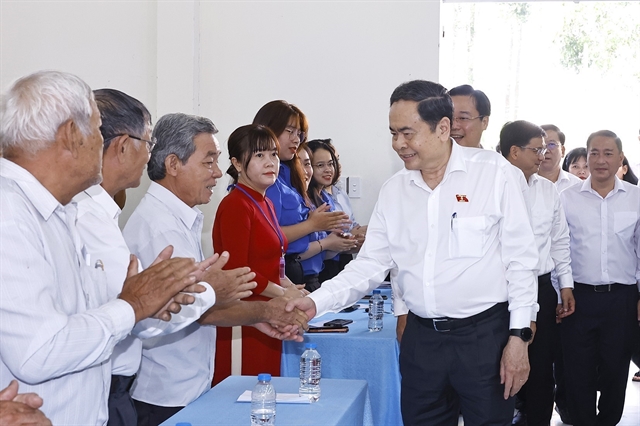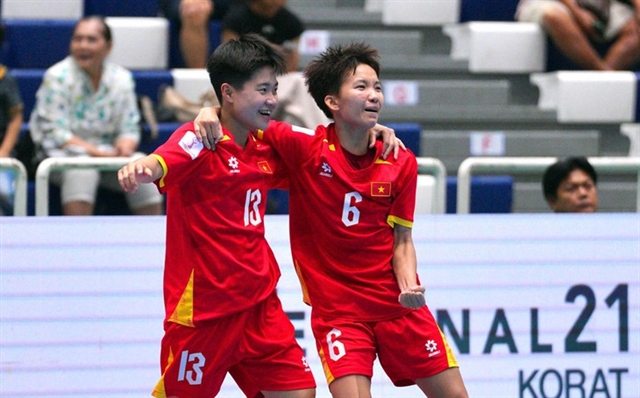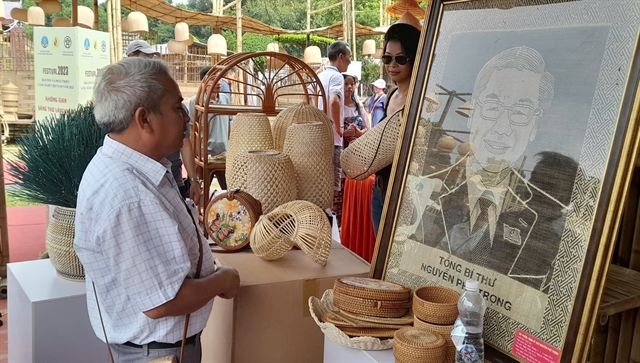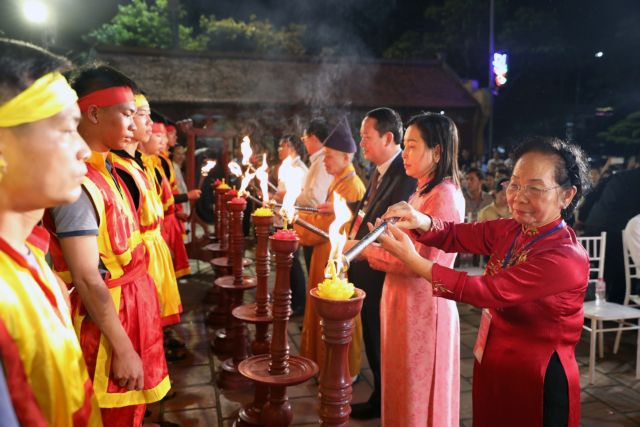 Life & Style
Life & Style
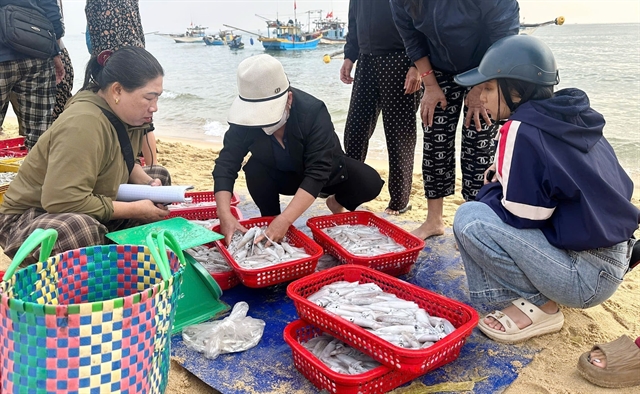
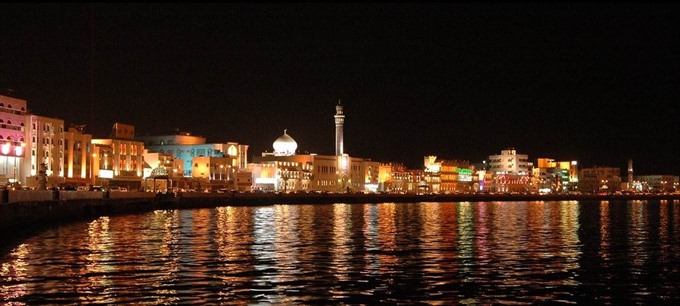 |
| Bright lights, bright future: A panorama of Muttrah corniche in Muscat, Oman.— Photo courtesy of the Embassy of Oman |
To celebrate the 46th National Day of Oman on November 18, Việt Nam News presents an article written by Ambassador of Oman, Kheikh Sultan Saif Hilal Al Mahruqi.
The Sultanate celebrated its 46th National Day, the 18th of November, which remains carved deeply in the memory of the Omani people. This historic date represents a major turning point for Omani citizens.
Since the outset of the Omani modern renaissance under the leadership of His Majesty Sultan Qaboos Bin Said 46 years ago, its outreach has prevailed at all levels, on the domestic front and in external relations.
The year 2016 forms a turning point in the Omani development track with a view to safeguarding achievements made over the past 46 years in accordance with the Vision 2020 objectives. These objectives include providing jobs for Omani youths, focusing efforts on social solidarity through education, training, health and human resources development and improving economic diversification.
Foreign Policy:
Over the years Omani foreign policy has been shaped in accordance with solid principles founded on consistency, balance, clarity and rationality in establishing relations with countries of the world.
The Sultanate has been enhancing efforts for peace and supporting peaceful initiatives in various regional disputes, as well as finding and releasing foreign hostages who went missing in war zones.
Economic Development and Food Security:
The Sultanate has also maintained public services. The state’s budget this year focused on a set of procedures, namely: increasing the flexibility and sustainability of the fiscal system, rescheduling public resources, and raising the capacity of state-owned companies by founding holding companies required to draft plans and strategies in accordance with new governance principles.
In the annual report of Transparency International index 2015-2016, the Sultanate won sixth place among Arab states and 62nd place in the world.
Oman won second place among Arab countries and ranked 26th globally in the Global Food Security Index 2016.
Food Security :
The Sultanate seeks to achieve food security through a strategic plan focusing on increasing local food output, augmenting strategic stock of imported commodities, encouraging food processing and aquaculture and offering incentives to investors in farming, livestock and fisheries sectors.
Fish farms:
Optimising the Sultanate’s strategic location, and its coast line, the Ministry of Agriculture and Fisheries decided to allocate a special sector for fish farms to produce the best quality of fishery products.
Short-cut to implementation :
In the context of economic diversification, the directives of Sultan Qaboos gave rise to a pioneering national programme codenamed Tanfeedh (or execution), which seeks to revolutionise specific plans, programmes and policies across various economic sectors in accordance with well-studied and executable visions, with a focus on converting industries, tourism, logistics, mining and fisheries.
Transport:
The Sultanate is taking steps to set up a network of tarmac roads to connect all governorates to facilitate the movement of residents across the country and to give a boost to trade, industry and tourism, besides connecting the Sultanate to neighbouring states.
Tourism:
This year the Sultanate implemented the Oman Tourism Strategy, which aims to provide 500,000 jobs and increase investment. The strategy also aims to raise the tourism sector’s contribution to gross domestic product by 10 per cent by the year 2040, as well as developing the local economy and small and medium-sized enterprises. — VNS
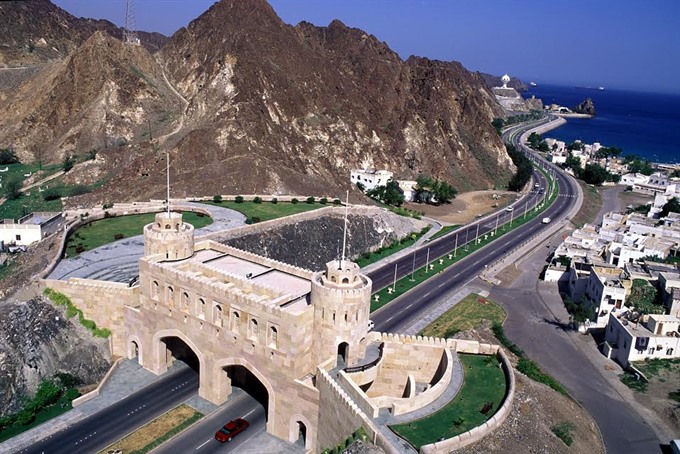 |
| Majesty: Muscat is the capital and the largest metropolitan city of Oman.— Photo courtesy of the Embassy of Oman |

